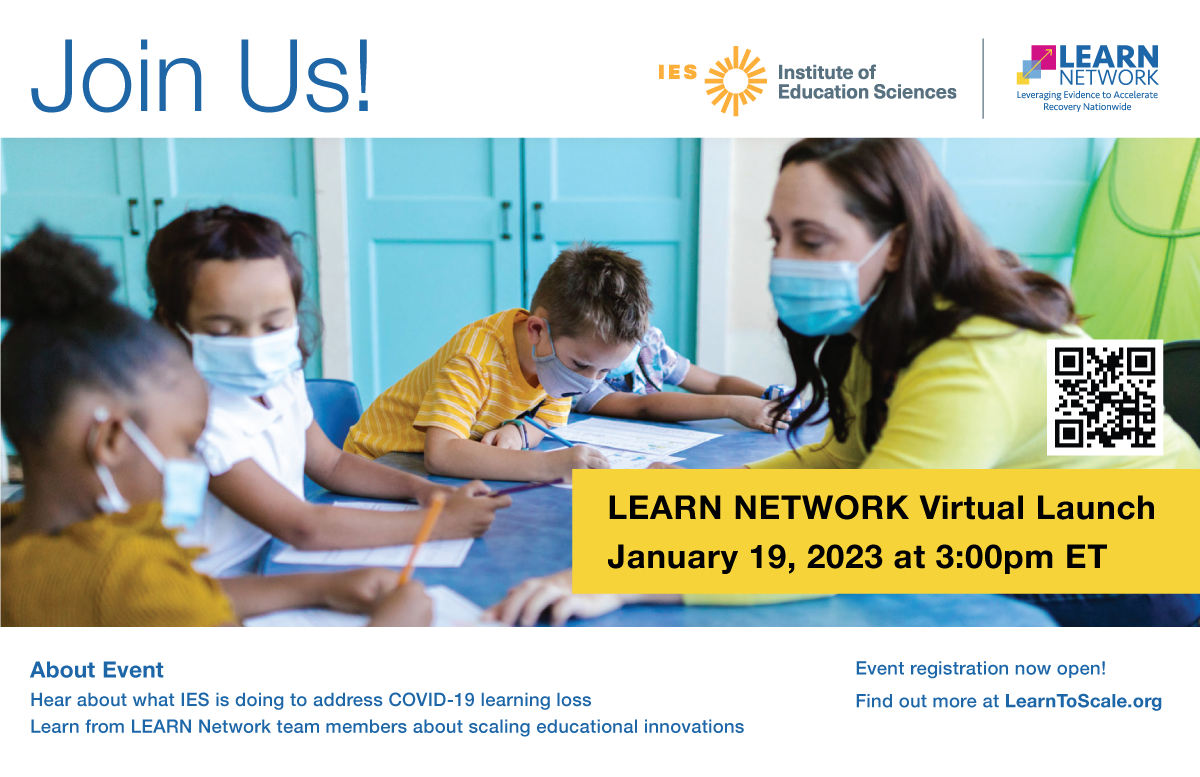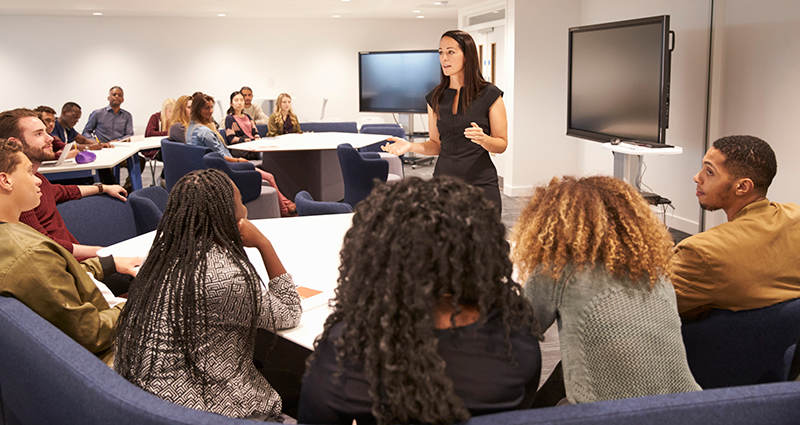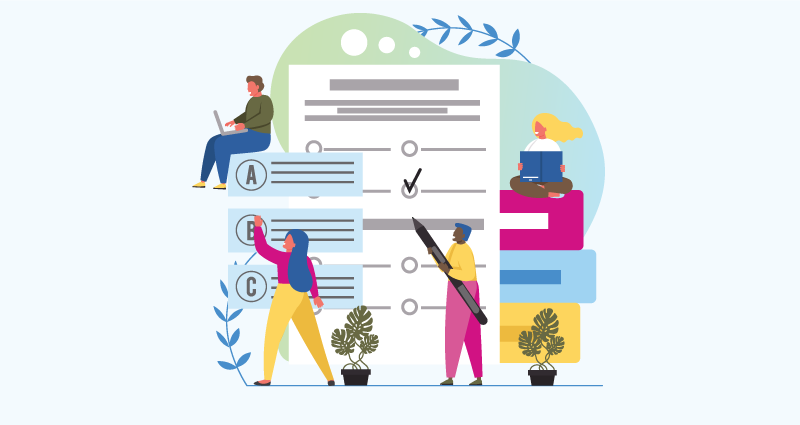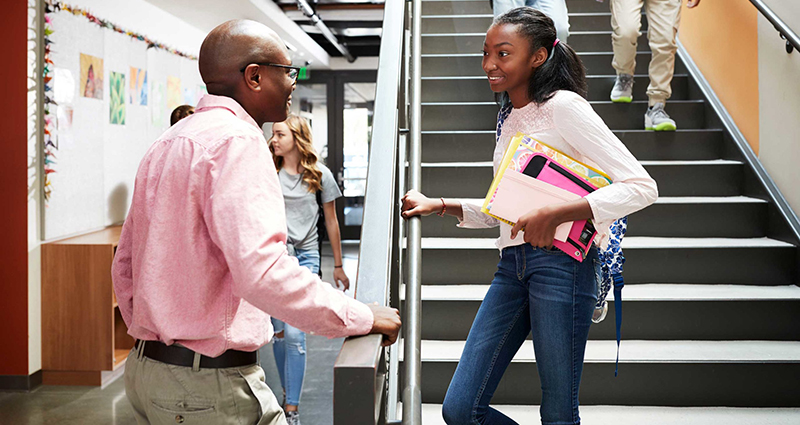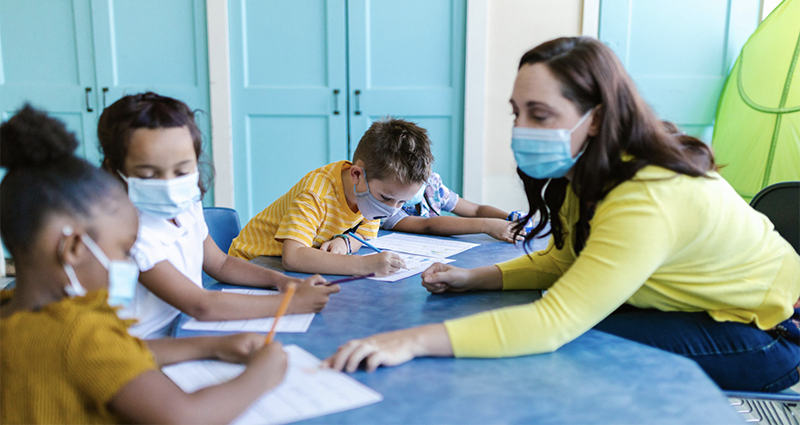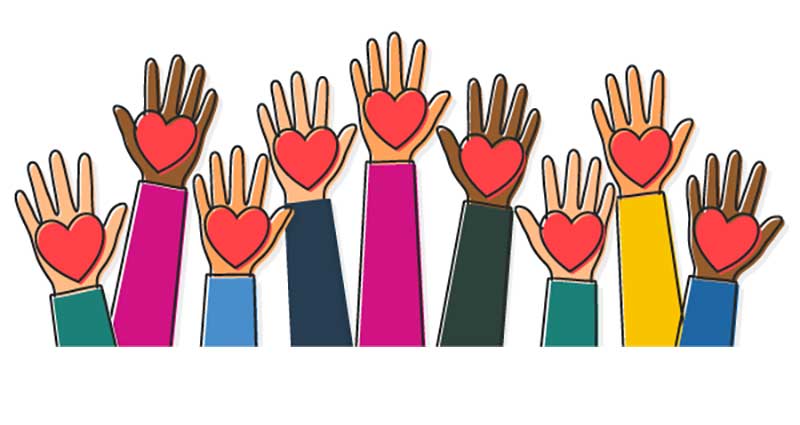Through our STEM & CS program area, we supports all students to learn concepts and practices they need to engage productively in society as citizens. We have projects focusing on curriculum design, assessment design, design of teacher supports, learning sciences research, multidisciplinary STEM and computing (STEM+C) integration, impact studies, and external evaluation of domestic and international STEM & CS projects and district-wide STEM & CS initiatives.
Back in 2019, we had an idea to create the Student Behavior Blog as a way to disseminate our work and initiate discussions with our community about issues they face in supporting students’ well-being. Our Behavior Research Team swung into action to make that dream a reality—and the response has been incredible. Our team not only engaged with educators, community members, and mental health service providers to co-author blogs about their challenges and accomplishments on the ground, but we also compiled helpful resources from our colleagues to promote collective work in the field and across the country.
In this Knowledge Alliance (KA) blog post, KA’s summer intern, Julianna Collado, met with Michelle Woodbridge and Nancy Perez from SRI International to discuss their work identifying and implementing better mental health support for educators. Please read the full blog post on the Knowledge Alliance’s site.
The imperatives facing public education right now—given all the issues laid bare by the pandemic and centuries of barriers systemically rooted in racism and White supremacy—require complex equity-and relationally driven partnership approaches.
Successful early learning transitions for children, with and without disabilities, require collaboration and discussion. Families, current providers or teachers, and new providers or teachers all come together to plan the support children need to move to the next stage of their learning and development.



